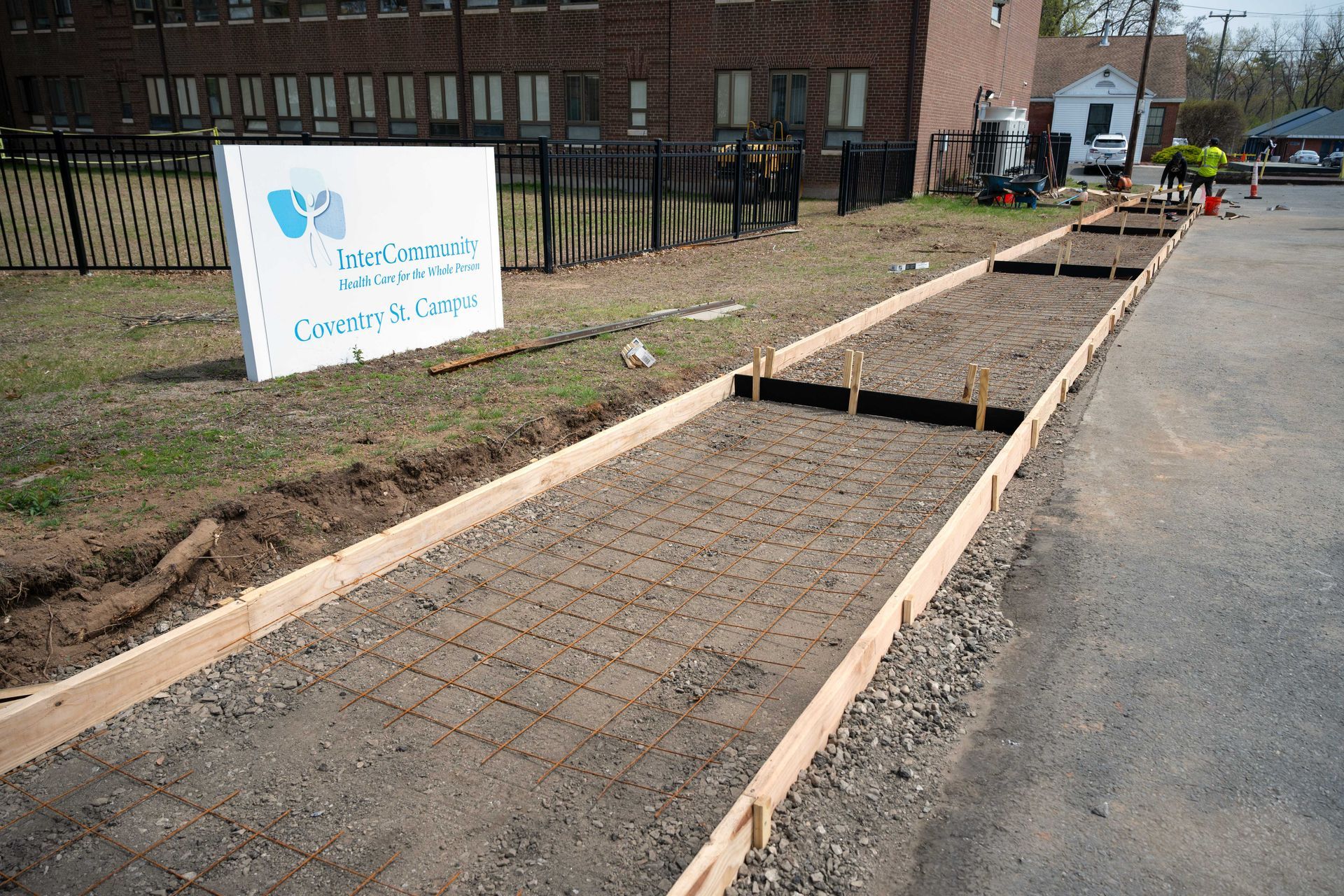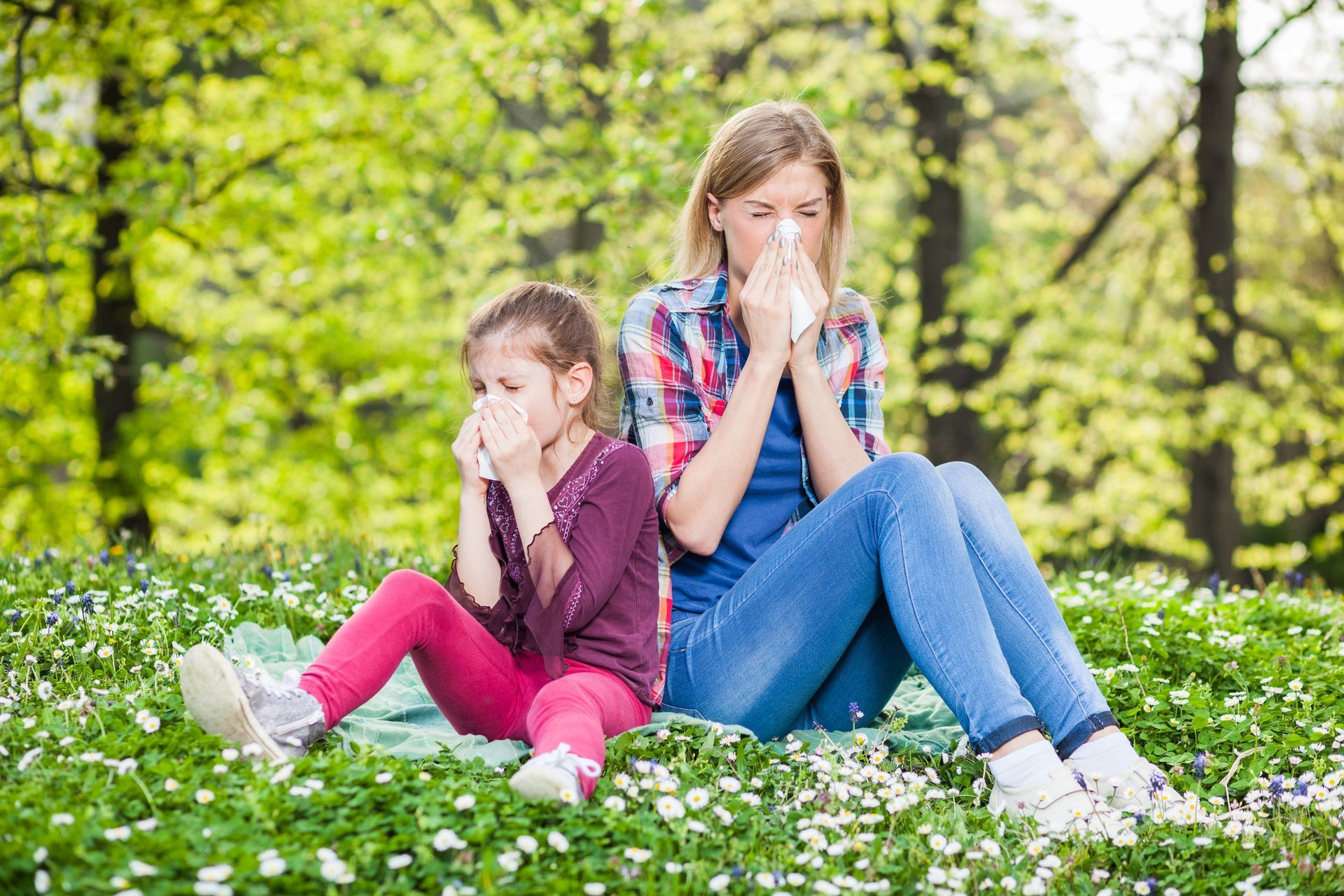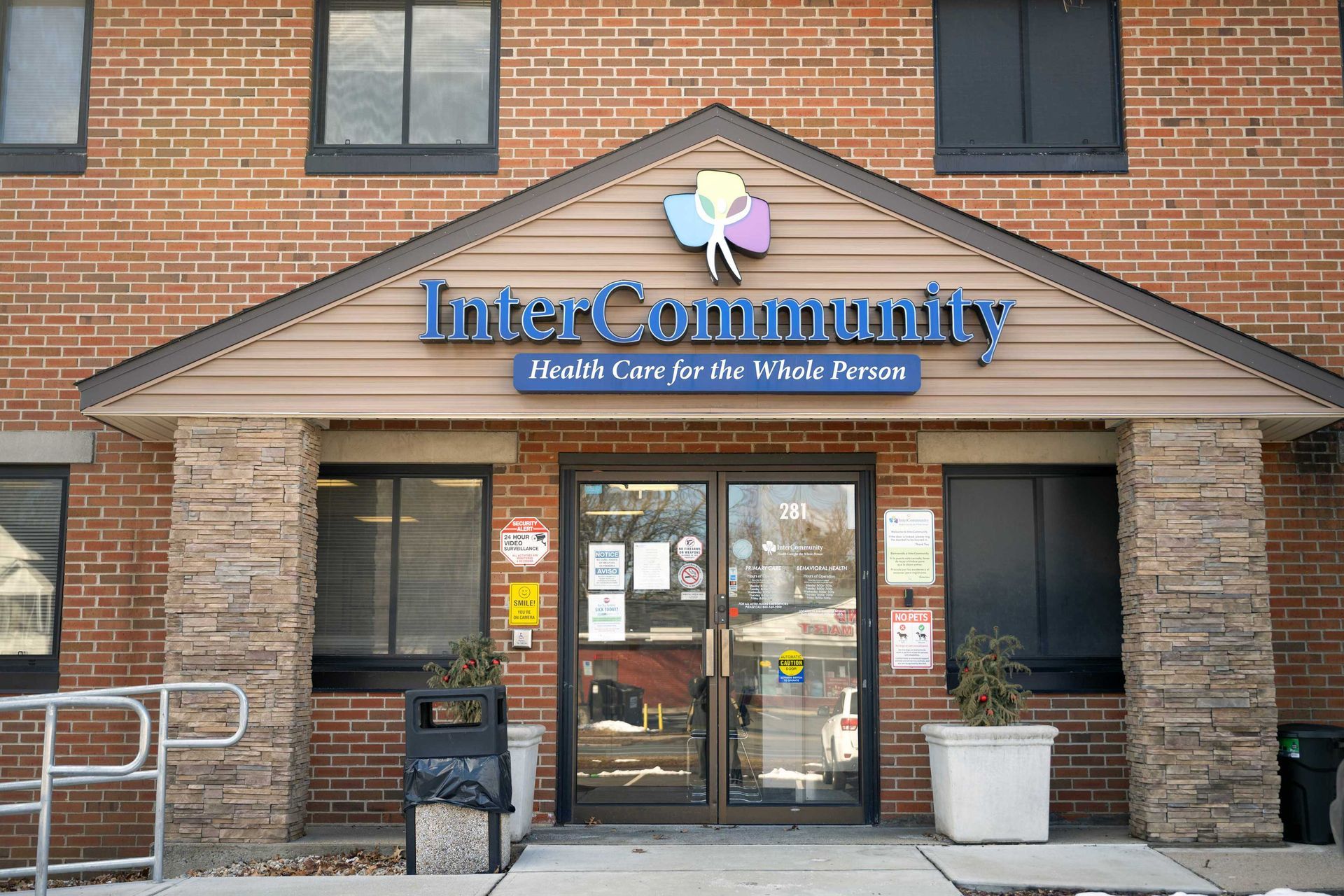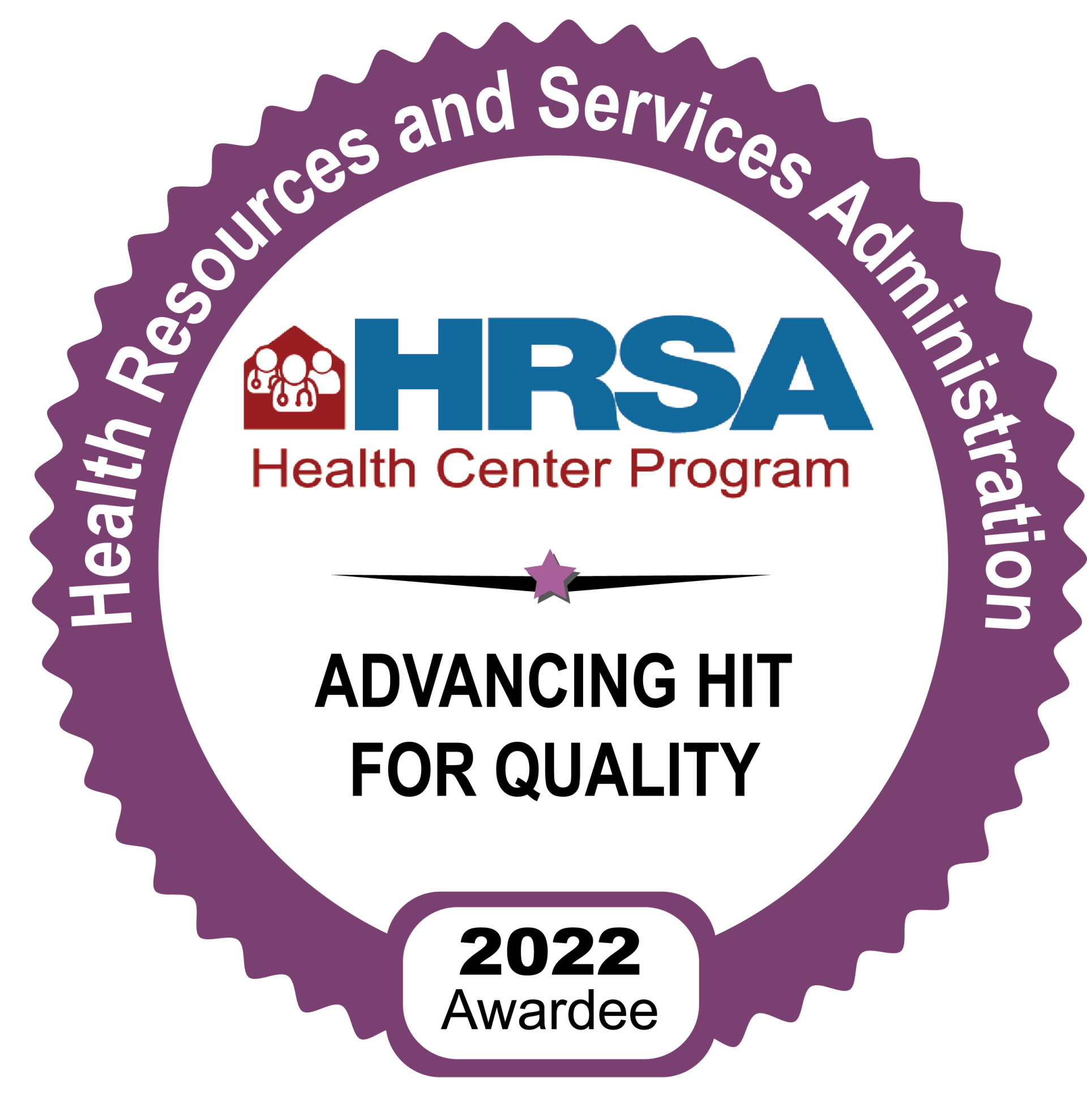October is Breast Cancer Awareness Month
Breast cancer is the second most common type of cancer in American women.
Women in the United States get breast cancer more than any other type of cancer except skin cancer. Breast cancer is second to lung cancer as a cause of cancer death in American women. Deaths from breast cancer have decreased slightly each year between 2013 and 2017. Breast cancer also occurs in men, but the number of new cases is small.
Breast Cancer Prevention
KEY POINTS
- Avoiding risk factors and increasing protective factors may help prevent cancer.
- The following are risk factors for breast cancer:
- Older age
- A personal history of breast cancer or benign (noncancer) breast disease
- Inherited risk of breast cancer
- Dense breast tissue
- Reproductive history resulting in greater exposure to estrogen
- Taking hormone therapy for symptoms of menopause
- Radiation therapy to the breast or chest
- Obesity
- Drinking alcohol
- The following are protective
factors for breast cancer:
- Reproductive history resulting in less exposure to estrogen
- Taking estrogen-only hormone therapy after hysterectomy, selective estrogen receptor modulators, or aromatase inhibitors and inactivators
- Estrogen-only hormone therapy after hysterectomy
- Selective estrogen receptor modulators
- Aromatase inhibitors and inactivators
- Risk-reducing or prophylactic mastectomy
- Ovarian ablation
- Getting enough exercise
- It is not clear whether the following affect the risk of breast cancer:
- Hormonal contraceptives
- Chemicals in the environment
- Studies have shown that some factors have little or no effect on the risk of breast cancer.
- Cancer prevention clinical trials are used to study ways to prevent cancer.
- New ways to prevent breast cancer are being studied in clinical trials.
Avoiding risk factors and increasing protective factors may help prevent cancer.
Avoiding cancer risk factors may help prevent certain cancers. Risk factors include smoking, being overweight , and not getting enough exercise. Increasing protective factors such as quitting smoking and exercising may also help prevent some cancers. Talk to your doctor or other health care professional about how you might lower your risk of cancer.
NCI’s Breast Cancer Risk Assessment Tool uses a woman’s risk factors to estimate her risk for breast cancer during the next five years and up to age 90. This online tool is meant to be used by a health care provider. For more information on breast cancer risk, call 1-800-4-CANCER.
(Source: National Cancer Institute)
The post October is Breast Cancer Awareness Month appeared first on InterCommunity.



















